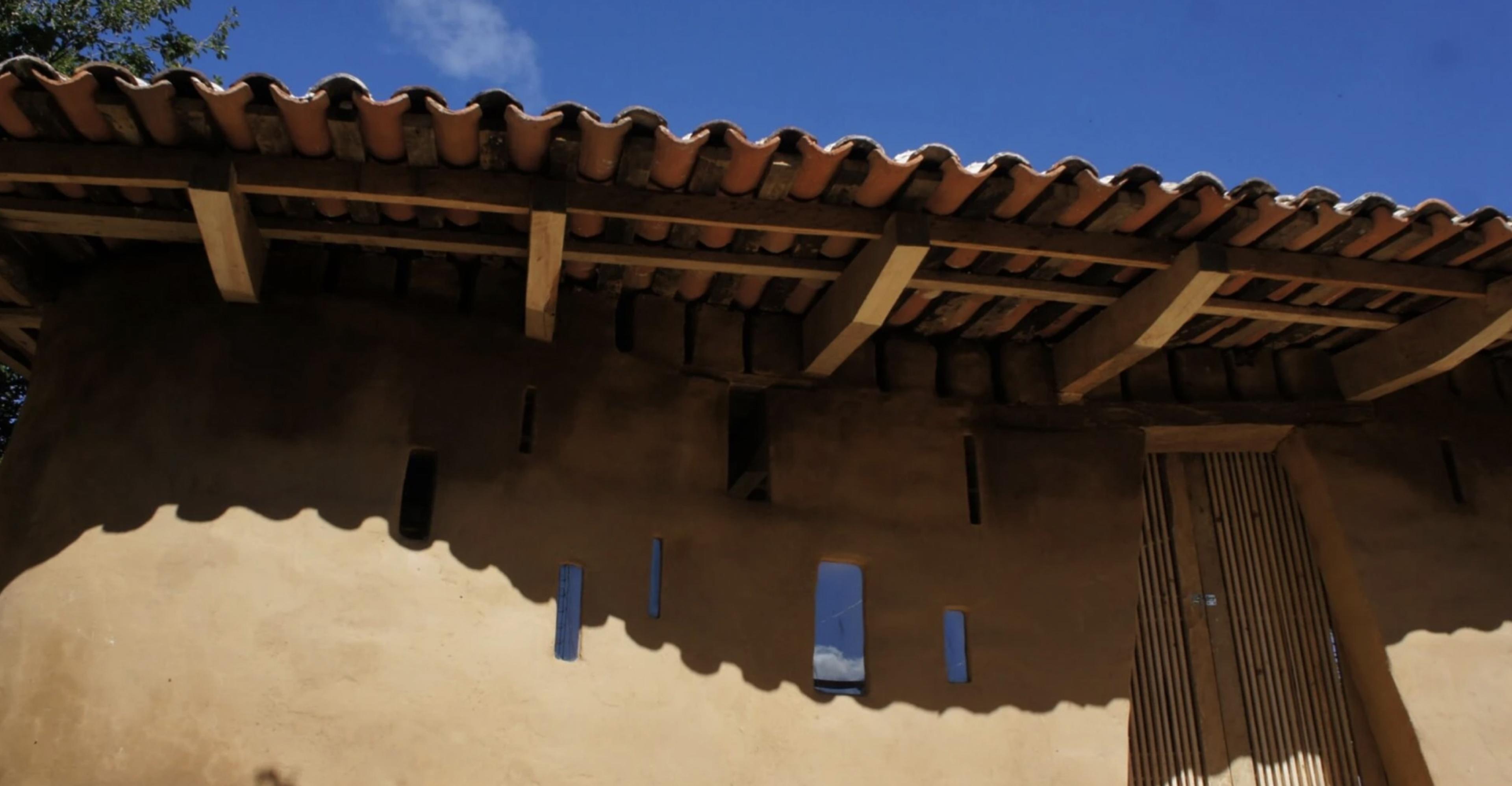
“Sustainability is about sharing knowledge…We do not want to be the holders of the truth or the organization that keeps everything close. We want to create a space where these things can be shared and then later on expanded by other people.”
When Juan Carlos Loyo, the managing director of Programa Vaca, describes sustainability, he’s referring to both the materials used in the organization’s architectural projects and, equally, sustainability as a practice: knowledge and resources that are shared across communities, shared across time. Knowledge and resources that last.
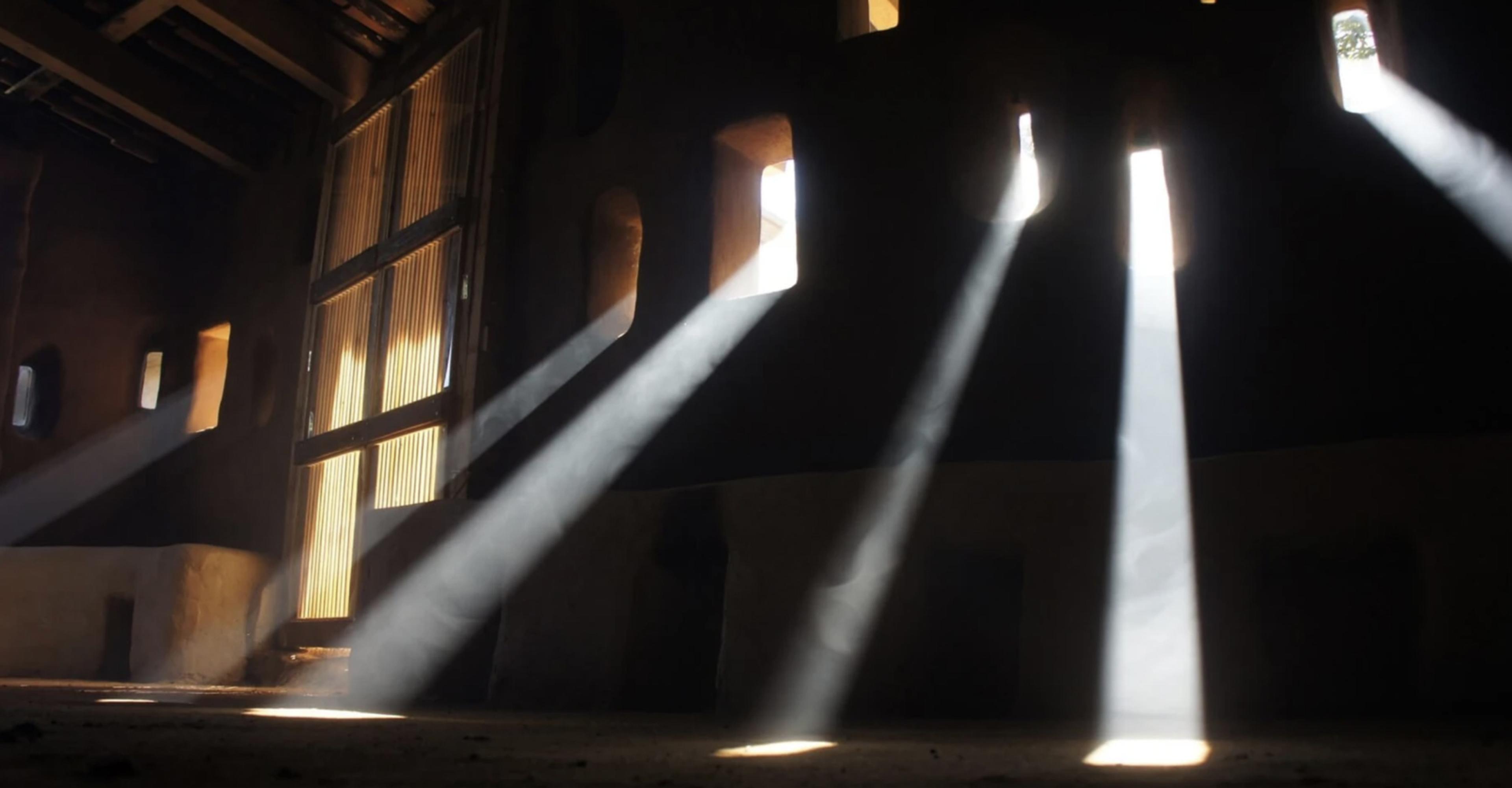
Programa Vaca, which takes a collective approach to creating housing in Indigenous territories and rural areas across Mexico and elsewhere, utilizes participatory design—volunteers, architects, and those for whom the buildings are intended work collaboratively to address the latter’s real needs. “Participatory design is about changing the vision of how we even market the idea of communities or social work,” says Loyo. “It’s not about community versus individual…it’s about the individuality expressed within the collectiveness.” This means that the community's involvement is always the cornerstone of every step of the process—every building is made to measure and constructed collectively.
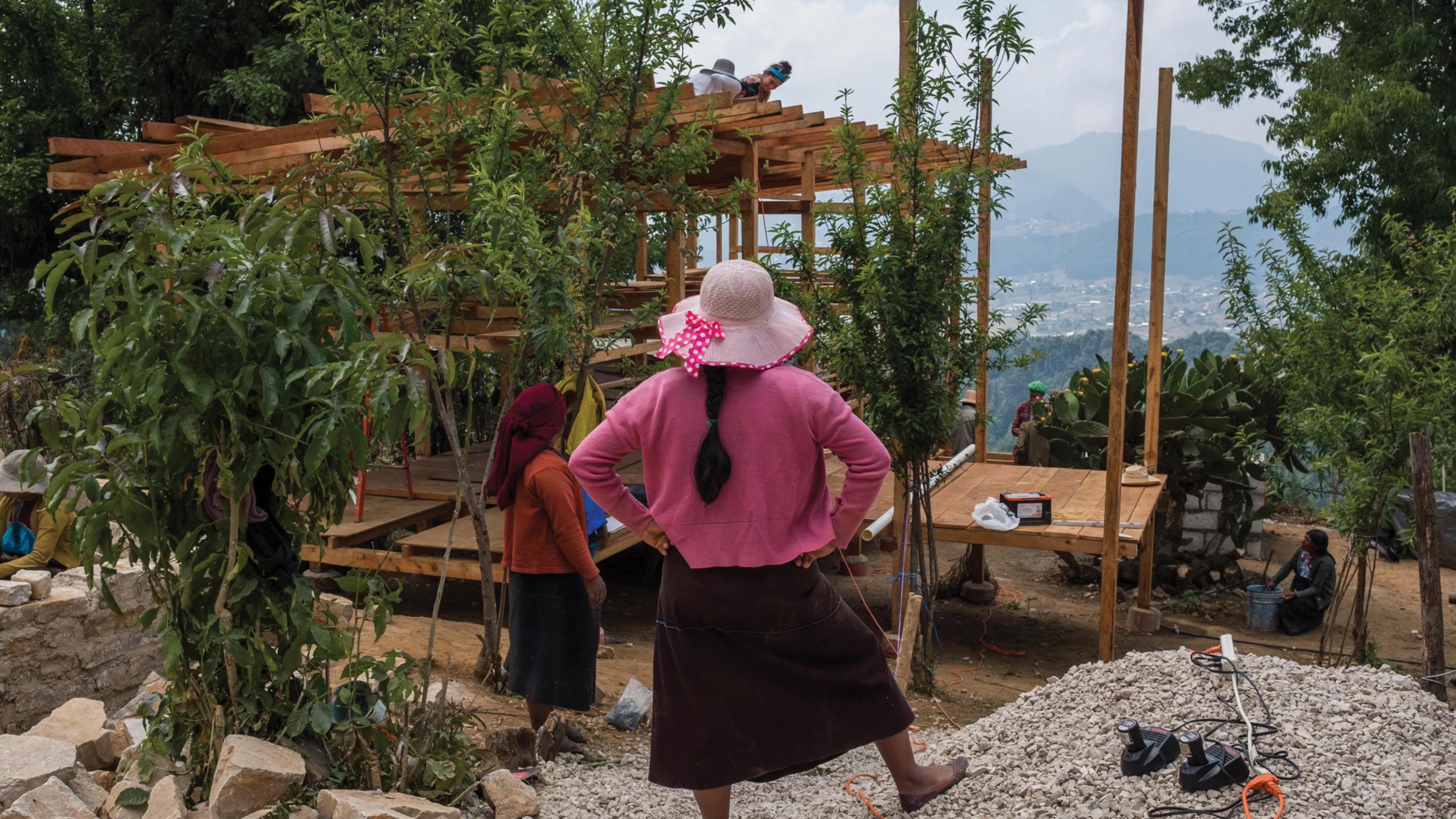
When Programa Vaca was established in 2012, Loyo recognized that although he and his friends didn’t have the answers to resolve the housing crisis in impoverished communities, they knew what questions to ask: how do you provide homes with natural materials, at a low cost, working alongside people who’ve never built one before—and, importantly, how do you make the experience one that emphasizes pleasure and even self-expression among its participants in ways that will make the project truly successful and long-lasting? “How can we create an experience that is joyful around design…and deeply rooted with our experience and our interconnection as people?” he asks. “We try to bring forth the space for people to bring their skill sets, vision, strengths, and weaknesses and start knitting together how we can all participate without dissolving our individuality.” Loyo’s own life experiences also embody this idea. “As part of the community and as a gay man, I’ve been told my whole life, ‘You can’t participate in construction.’ So I took it upon myself to find a way in which I could inhabit this space. I think queerness allows us to deconstruct the basics of how communities or groups of people are built, because of chosen family and everything that comes along with the experience in Latin America of being queer. And by changing the rule sets of how we interact, we invite people into a more joyous and accepting space where they can feel safer to explore themselves and invest their time in a project.”
“We try to bring forth the space for people to bring their skill sets, vision, strengths, and weaknesses and start knitting together how we can all participate without dissolving our individuality.”
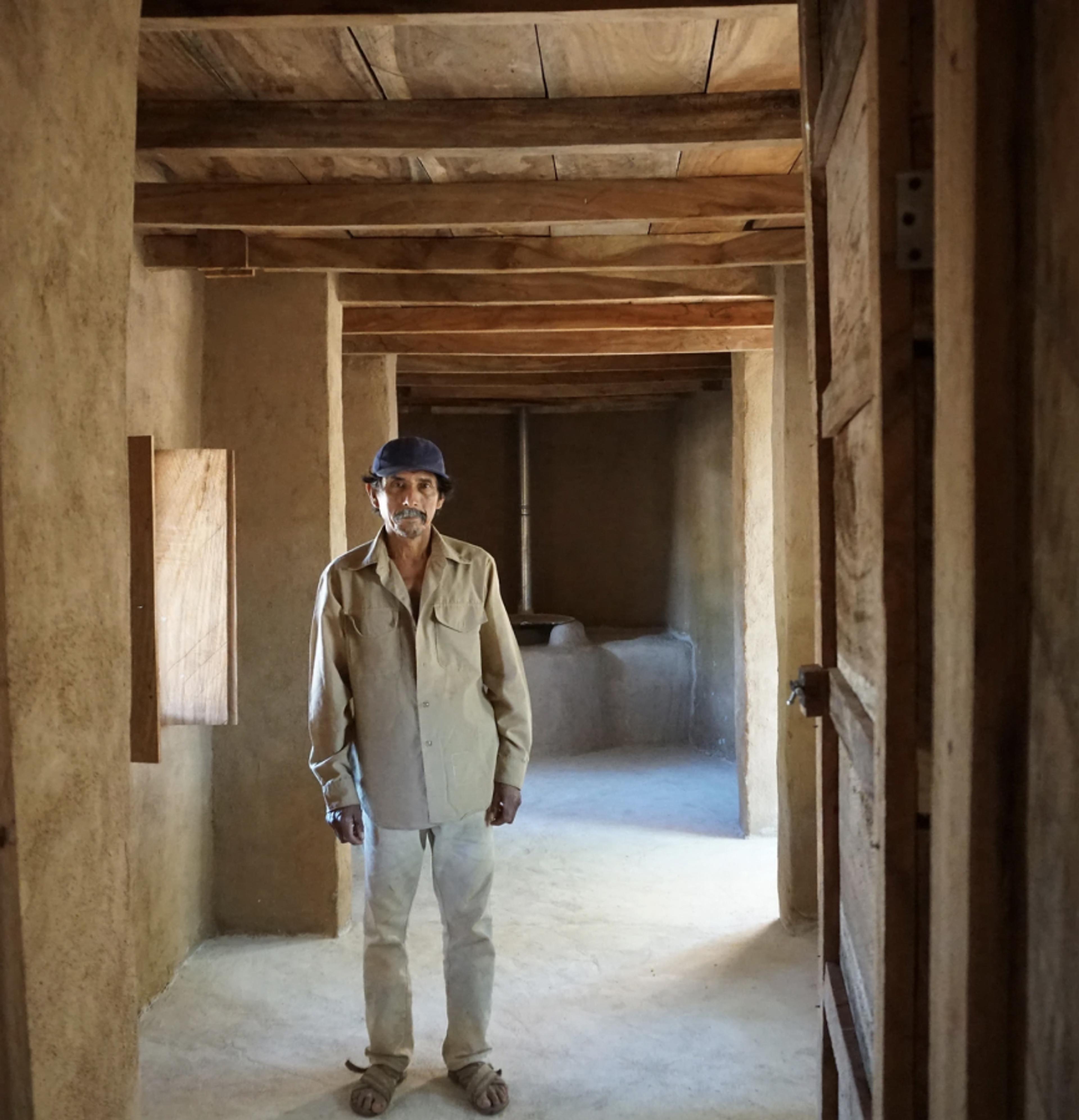
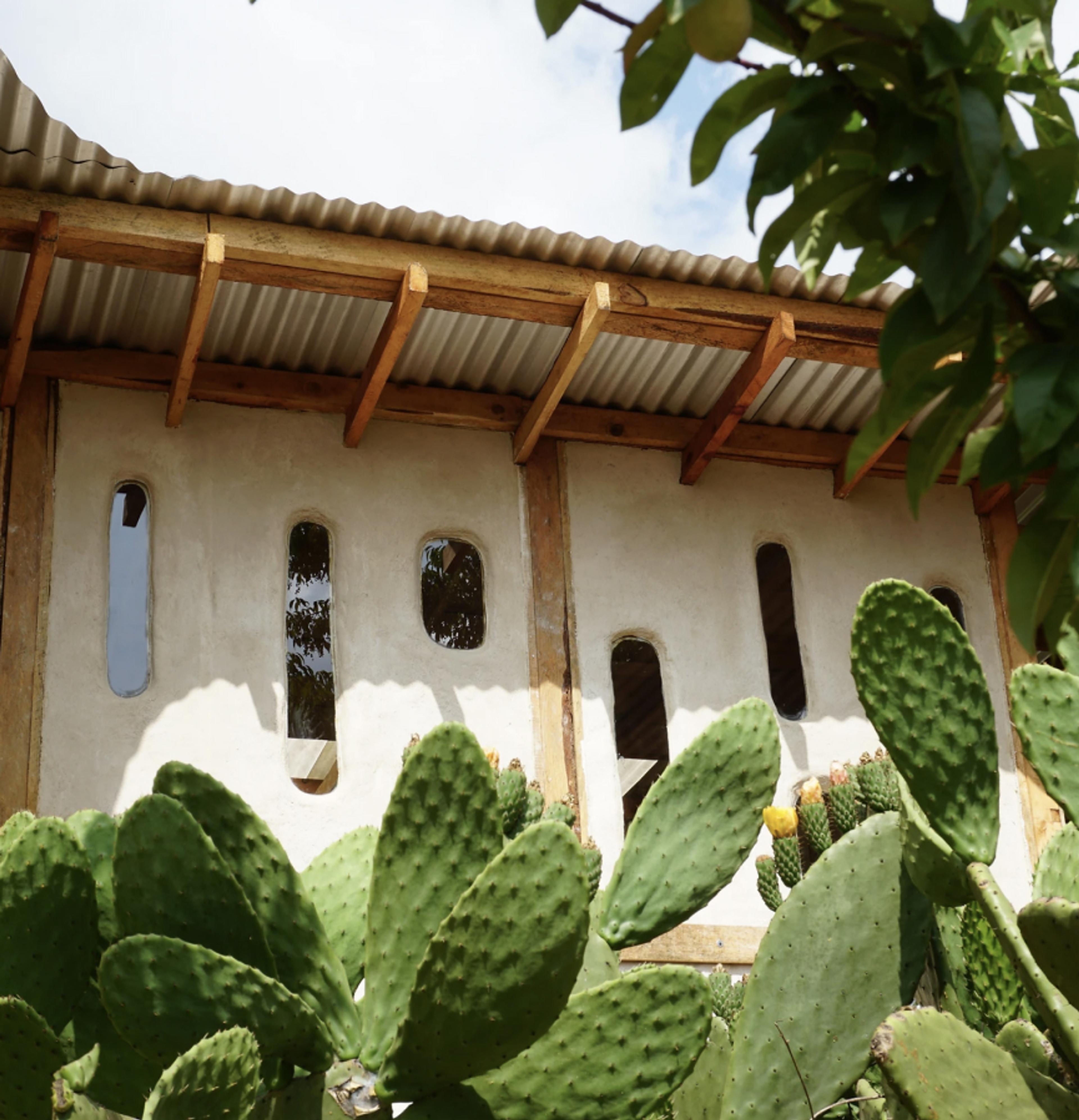
That skepticism inevitably dissolves. “Most people don’t believe in this project at first. Then, a month and a half in, it manifests,” says Loyo. “They’re suddenly seeing this huge building, which is beautiful, by the way, and which materializes that transformation.” The Lana Chamula Community Center in Chiapas, Mexico; a community kitchen in also in Chiapas; a collection of houses and a community center in Tamil Nadu, India: each of these projects, which represent a sample of Programa Vaca's contributions, feature environmentally resourceful components (rainwater cisterns, dry toilets) and were constructed by a combination of families, volunteers, and teachers. When individual knowledge systems are brought to the fore, it becomes clear that creating a better world is possible, not regardless of our diverse backgrounds but because of them. The possibilities expand. They become truly sustainable.
Juan Carlos Loyo
Programa VACA